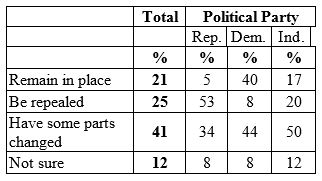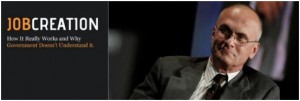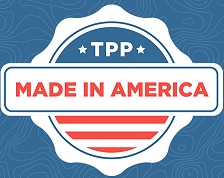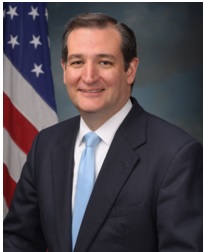Dallas-based think tank, NCPA, closes its doors after 34 years
FOR IMMEDIATE RELEASE
Contact: Reagan Stewart at 214-891-3340 or reagan_stewart@sbcglobal.net
DALLAS, TX — The National Center for Policy Analysis (NCPA), a 501c3 public policy research organization, announced this week that its Board of Directors has voted to dissolve the organization effective immediately. The thirty-four year old free market think tank has made significant contributions to free-market public policy research and implementation, including Health Savings Accounts, Roth IRAs, automatic enrollment in 401ks, and ongoing work in the areas of taxes, healthcare, entitlements, economic development, energy and national security.
The decision to leave the world of think tanks comes after the organization has faced significant financial challenges over the last three years. The incident is not isolated, according to a June 29 Article in Exempt Magazine. The article mentions a recent survey from The Bridgespan Group, which examined the financial health of nearly 300 grantees and cites, “More than half of surveyed nonprofits have frequent or chronic budget deficits; 40 percent have fewer than three months of operating reserves; and, 10 percent showed no reserves.”
NCPA wants to honor the people who have served this organization and fulfilled its mission in recent years despite significant challenges. NCPA has been blessed with a tremendously talented group of policy experts, communications managers, development professionals and administrative staff who continued to persevere for the sake of empowering Americans and advancing liberty through free market public policy. The spirit of free enterprise, free markets and free people will continue as these individuals move on to the next stage in their careers.
The organization is also grateful for the individual donors, foundations, companies, research fellows and volunteers who have contributed significantly and loyally with their time, energy and resources throughout the organization’s thirty-four year history.
NCPA plans to sell its proprietary analytical models, intellectual property, research archives and other assets. For additional information or to express interest in acquiring assets, contact Reagan Stewart at 214-891-3340 or reagan_stewart@sbcglobal.net










